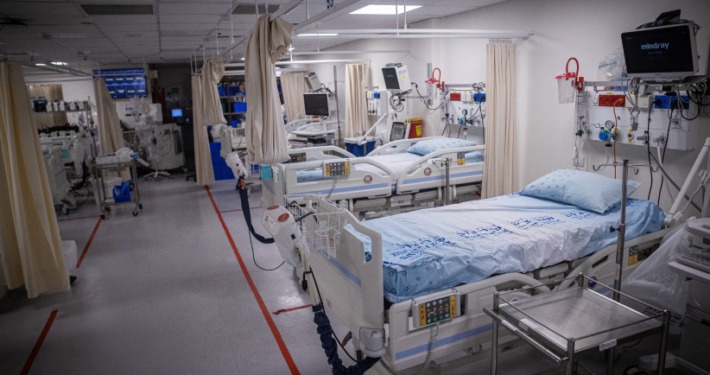After decades of debate and delays, the Health Ministry of Israel collaborated with hospital directors, medical school deans, medical education experts, and former and current interns to evaluate internships. They critically assessed internship structure, rotation merit, and the effectiveness with which internships prepare graduates for residency and specialty training.
The Ministry recently approved shortening medical school internships to streamline the acquisition of physician licenses in Israel. Practical training will be reduced from one year to nine months, rotations in non-essential departments will be eliminated, interns will be allowed to take vacations during the scholastic year, and residencies will start earlier.
Currently, all sixth-year domestic or foreign medical graduates must complete a one-year internship to be licensed to practice medicine. Placement is determined through a national lottery and often results in very remote assignments. Some candidates have illegally traded their deployments or resorted to bribing authorities. Others faced months of unemployment before finally being assigned to a hospital.
Previously, interns would rotate monthly or bimonthly through different hospital departments. Working 26-hour shifts, they would handle admissions, escort patients to imaging, clerical work, bloodwork, and ECG appointments, and present daily cases. Though they were entitled to thirty days leave per year, they were required take them all at once.
Under the revamped system, vacation days will be distributed throughout the year, pediatrics and surgery rotations will be shortened, hospitals will determine their order, and internal medicine, pediatrics, and surgery specialties will be prioritized. Graduates of foreign medical schools will be eligible to participate in the biannual internship lottery to ensure year-round availability of internships.
Interns will undergo more regular performance reviews and receive more actionable input via digital surveys and structured feedback sessions. Graduates of non-accredited institutions will have access to preparatory courses and tailored mentoring. To these ends, hospital teaching units will be expanded. Students who served as physician assistants may qualify for academic exemptions.
Pray that the proposed medical education system reforms close the gap between the demand for doctors and the available supply in Israel. Pray for an end to the war, and that those on both sides of the conflict would be united in a saving knowledge of Jesus Christ, Prince of Peace.












